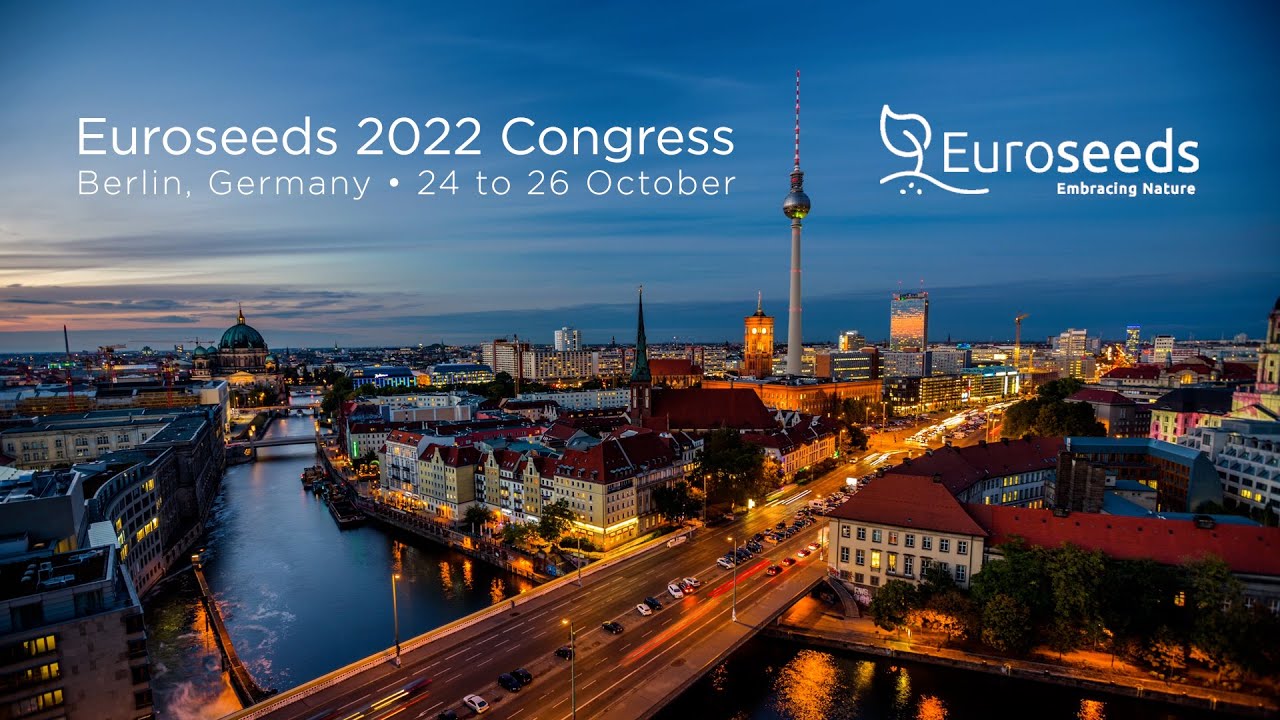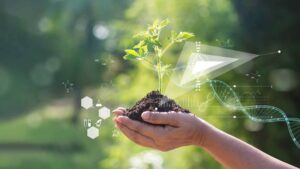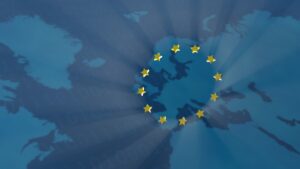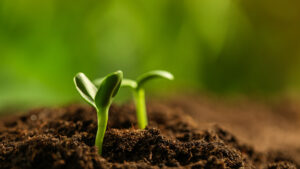Video conferencing has opened up a world of opportunities within the seed sector. But as in person events become more common again, Euroseeds has learned one thing: you can’t replace that in person connection.
While remote work and conferencing can make it easier for members lacking financial means or time to join physical meetings, members miss the important connections and relationships that physical meetings give.
“That’s what we saw last year in Prague,” says Garlich von Essen, Euroseeds secretary general, in an interview with Seed World Group’s Shawn Brook. “People need to get together in person and look each other in the eye when they have discussions — and we can see that again.”
From Oct. 24-26, Euroseeds is meeting in-person in Berlin, Germany — and they’re expecting a high turnout of over 1,000 registrations already.
“At least once a year, we need to have these kinds of big gatherings where everybody comes together in one spot,” he says, noting that these gatherings open the door to important conversations in the industry.
This year, the 2022 Euroseeds Congress wants to foster an important discussion: reconciling food security and sustainability through innovation.
“We’ll try to make sure that we can really showcase not only breeding itself, but also all the technologies we’re using in and around plant breeding and seed production,” von Essen says. “We can demonstrate that we don’t need to turn back 100 years and think that will resolve all our environmental concerns, but rather, we need to look forward and embrace innovations as a means to really reconcile productivity and food security with environmental sustainability.”
With this theme, the hope of Euroseeds is to drive their policy agenda and discussion more in Europe — and acknowledge that while climate change is a main concern, there’s no reason to move backwards. Euroseeds believes keeping the pace up, especially in terms of plant breeding, will help adapt to more extreme weather impacts.
Europe is in the middle of a drought — and according to the European Commission’s report “Drought in Europe — August 2022,” experts say that 47% of the EU remains under warning conditions, while 17% is in alert. The warming effects are expected to have an effect on yield, which has fallen within the last five years.
In addition, shipping activities on some of the main rivers in Europe are slowing due to low water levels, according to von Essen.
“How can we accelerate progress in plant breeding that may help us cope with climate change?” von Essen asks. “We probably aren’t going to reverse the climate change trend within a couple of years, but we need technology to help us deal with it in practice.
In terms of new breeding techniques and new innovations, von Essen says the door is starting to open again for regulatory discussion.
“We’ve been discussing this for a while,” he says. “People are starting to realize that if you can do things faster and more precise due to innovation and to increased knowledge that these kinds of innovations need to be enabled rather than prohibited.”
With an increased focus and need for stronger food security, von Essen believes the discussion around innovations in agriculture can be strengthened.
“Maybe that helps to get that reality back into the political debate,” he says.
Want to join the discussion on how to reconcile food security and sustainability through innovation? Make sure to register for the Euroseeds Congress from Oct. 24-26.













